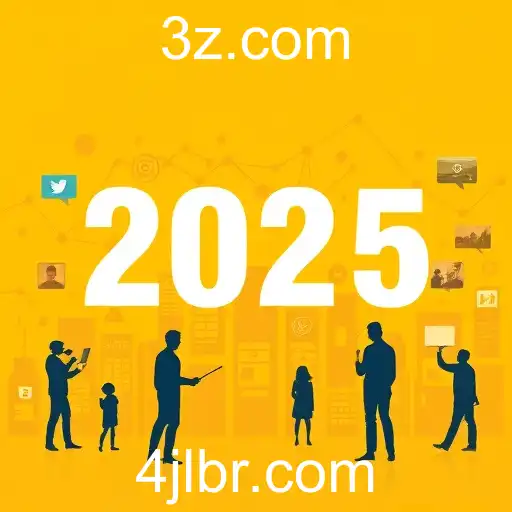
As the digital landscape continues to evolve, a new era of media consumption sets the trend for how audiences engage with content in 2025. This article explores the current dynamics, technological advancements, and the impacts of global events on media consumption patterns.
In the rapidly evolving digital age, 2025 is shaping up to be a pivotal year in how content is consumed globally. The media landscape is witnessing a significant shift, with more audiences gravitating towards online platforms and digital content. While traditional media remains relevant, digital platforms have become the dominant force, altering how news, entertainment, and information are accessed worldwide.
Recent technological advancements are driving this change, with AI and machine learning playing crucial roles. These innovations enable platforms to deliver personalized content tailored to individual preferences, enhancing user experience and engagement. Furthermore, smart devices and improving internet accessibility have facilitated this transition, making it easier for people to access content on the go.
Global events also play a critical role in shaping media consumption patterns. In recent years, international crises and political events have expanded audiences' appetite for real-time news updates and analyses. Platforms that provide instant access to live reporting and expert commentary have seen a surge in users, underscoring the public's demand for credible and timely information.
Additionally, the rise of social media as a key news source cannot be overlooked. Sites such as Twitter, Facebook, and the ever-growing domain of new social media apps have become primary channels for breaking news and discussions. These platforms not only offer immediacy but also foster community engagement, making them critical players in today's media ecosystem.
The environmental impact of digital media consumption is also gaining attention. As more content is consumed online, discussions around sustainable digital practices are becoming increasingly relevant. Companies are urged to invest in green technology and sustainable frameworks, ensuring minimal environmental footprints in delivering content.
Looking forward, the media industry must adapt to these trends and prioritize innovation in content delivery to remain competitive. Embracing new technologies will be essential for media providers aiming to capture and retain audiences in an era defined by rapid digital transformation.




